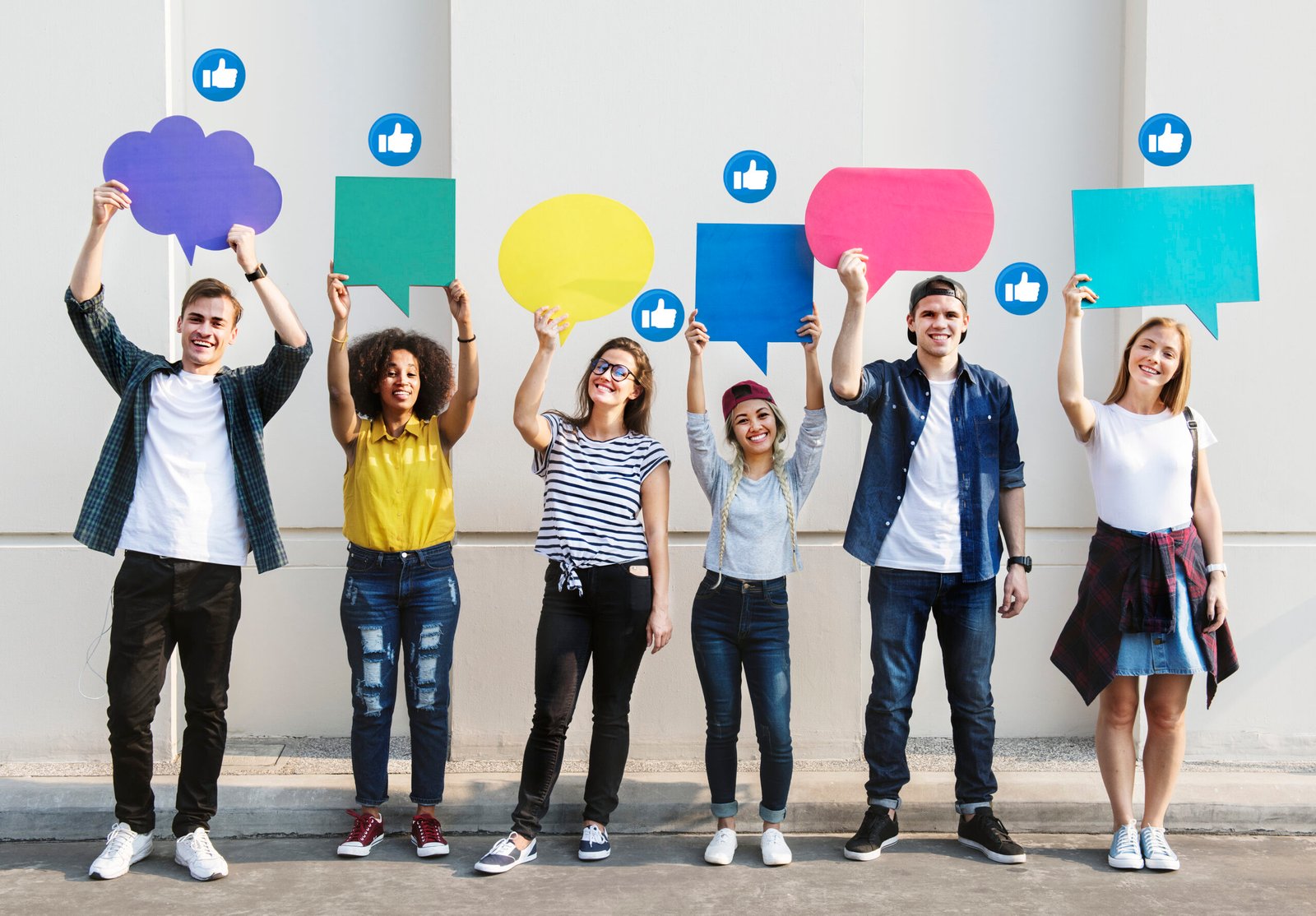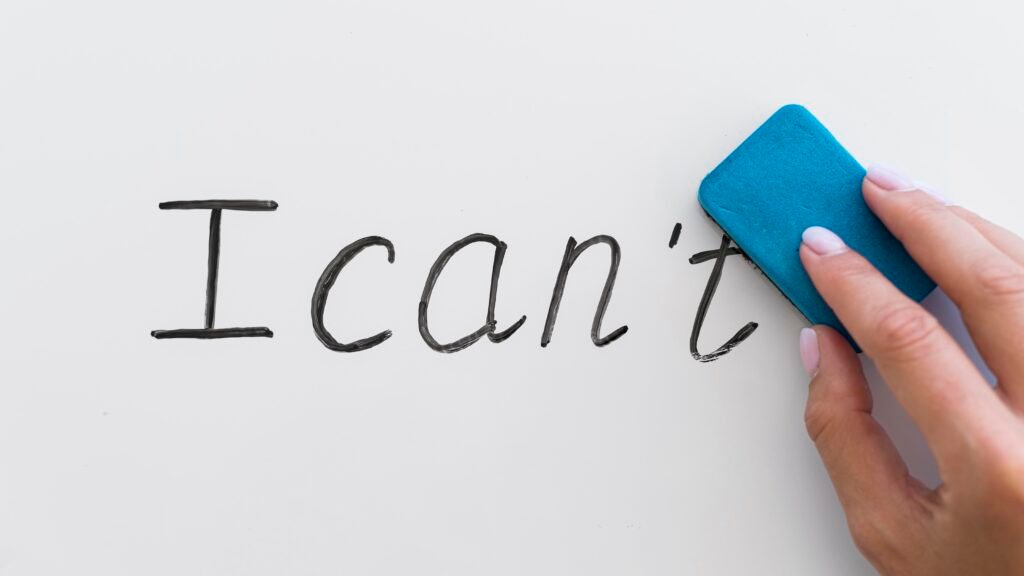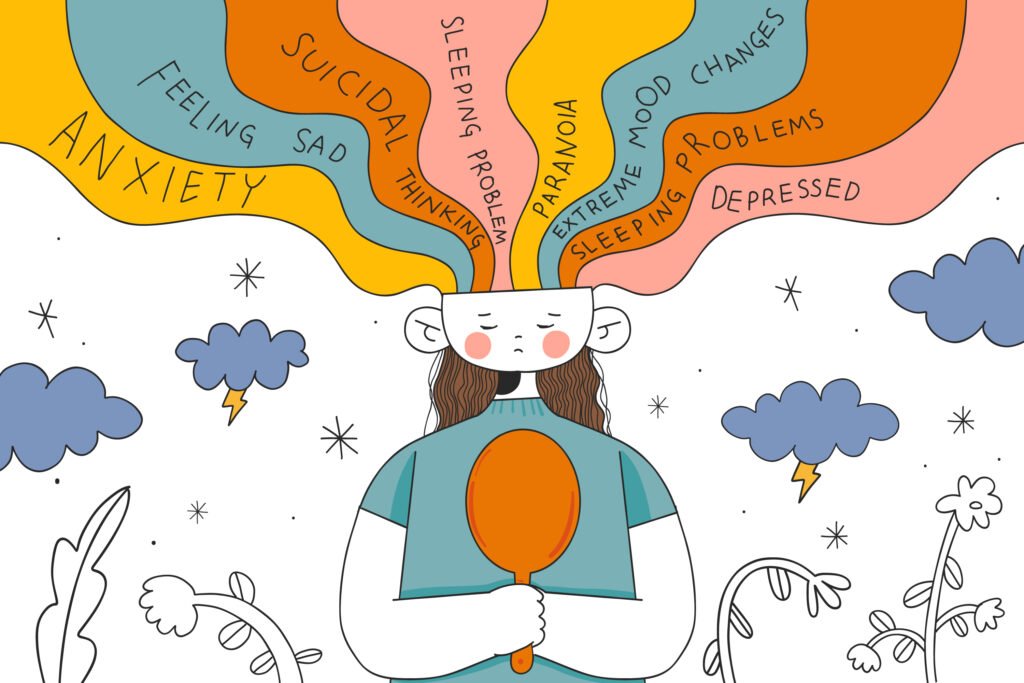Now Reading: Social Skills: 5 How to Build Better Connections and Confidence
-
01
Social Skills: 5 How to Build Better Connections and Confidence
Social Skills: 5 How to Build Better Connections and Confidence

How to Build Better Connections and Confidence
Social skills are the foundation of effective communication and healthy relationships. Whether you’re navigating a workplace, making new friends, or collaborating in a group, the ability to connect with others is essential. These skills aren’t just about talking—they include listening, empathy, body language, and timing.
Strong social skills improve your confidence, increase opportunities, and help you handle difficult conversations with grace. The good news? Anyone can improve with practice.
Why Social Skills Matter
Being socially skilled allows you to:
- Build rapport quickly with new people
- Avoid misunderstandings
- Strengthen teamwork and collaboration
- Express yourself clearly and confidently
- Resolve conflicts calmly
Good social skills contribute not just to your career, but also to your personal happiness and sense of belonging.
Key Social Skills to Practice
1. Active Listening
Paying full attention to what others say—without interrupting—builds trust and respect.
2. Empathy
Understanding others’ feelings allows you to respond with kindness and compassion.
3. Clear Communication
Being concise and honest helps prevent miscommunication and builds clarity in conversations.
4. Positive Body Language
Maintaining eye contact, nodding, and open posture make others feel heard and valued.
5. Adaptability
Social situations change. Being flexible helps you adjust your tone and approach accordingly.
Social Skills and Mental Health
Strong skills also play a vital role in supporting mental well-being. When you’re able to communicate your thoughts and emotions clearly, it reduces feelings of isolation and anxiety. Building meaningful connections with others can provide a strong support system, making it easier to cope with stress and maintain a positive outlook on life.
This skills are life skills. Improving them boosts your confidence, deepens your relationships, and enhances every interaction. Like any skill, they grow stronger the more you use them—so keep practicing and stay open to learning.
Practicing in Real Life
Start small—greet people warmly, engage in short conversations, and ask open-ended questions. Join groups or clubs that match your interests. The more you practice in real-world settings, the more natural your social skills will become.
Why Social Skills Matter More Than Ever Today
In today’s fast-moving, tech-connected world, the ability to connect with people genuinely is becoming both a rare and valuable skill. With so much of our communication happening through screens, many of us are losing the art of face-to-face interaction — the little things like reading body language, making eye contact, or simply listening with full attention.
Social skills aren’t just about being outgoing or talkative. They’re about building trust, expressing yourself clearly, and creating mutual respect in both personal and professional relationships. Whether you’re attending an interview, catching up with friends, or networking at an event — these skills shape how others perceive you and how confident you feel in return.
A Personal Note: From Shy Conversations to Stronger Bonds
I used to be the kind of person who’d overthink every word in social settings. I’d replay conversations in my head, worry if I said the right thing, or avoid small talk altogether. But over time, I realized that confidence isn’t about always knowing what to say — it’s about being present and genuinely interested in others.
One simple change I made was to ask open-ended questions instead of talking about myself. It instantly shifted my conversations from awkward to engaging. People enjoy talking when they feel heard, and listening more not only made others comfortable — it helped me become more confident too.
Simple Habits to Improve Your Social Skills
You don’t have to be a natural extrovert to connect well with others. Building social skills is like strengthening a muscle — the more you practice, the better you get. Here are a few strategies that can make a real difference:
- Practice Active Listening
Instead of thinking about what to say next, focus completely on the person speaking. Nod, make eye contact, and reflect back what they say. It shows respect and deepens the conversation. - Work on Body Language
Your posture, facial expressions, and gestures often say more than words. Standing straight, smiling, and using open gestures help others feel more at ease around you. - Start with Small Interactions
Whether it’s greeting your neighbor or chatting with the cashier, small conversations help you build confidence gradually — and they make your daily life more warm and human. - Get Comfortable with Pauses
Silence in a conversation isn’t always awkward. Learning to embrace short pauses without panicking helps you appear calm and in control. - Join Groups or Classes
Whether it’s a hobby club, a book group, or a public speaking class, these safe environments allow you to meet new people and practice interaction skills in real time.
Digital Communication Counts Too
Today, much of our socializing happens online — through texts, DMs, or comments. Social skills still apply here! Being polite, expressing emotions clearly (without overuse of emojis or caps), and responding thoughtfully can help build strong digital connections too.
Even when networking professionally on platforms like LinkedIn, tone, timing, and clarity matter. A well-written message with a touch of warmth can make you stand out.
Connection Starts with Intention
At the heart of all good social interaction is authentic intention — the desire to understand, connect, and uplift the other person. You don’t need to be perfect or polished. Just being genuine, open, and kind will go a long way.
Improving social skills isn’t about impressing others — it’s about learning how to be yourself comfortably in any situation. With time, effort, and a little self-compassion, anyone can develop the confidence to connect more deeply with the world around them.

















